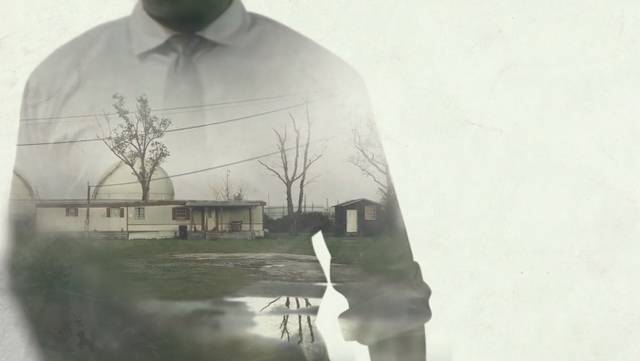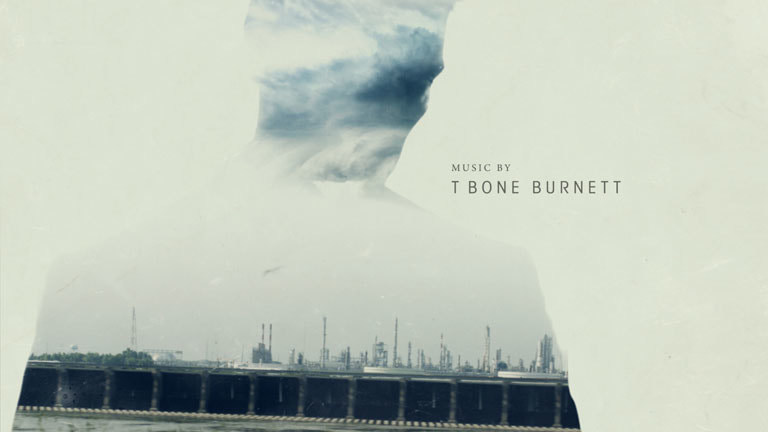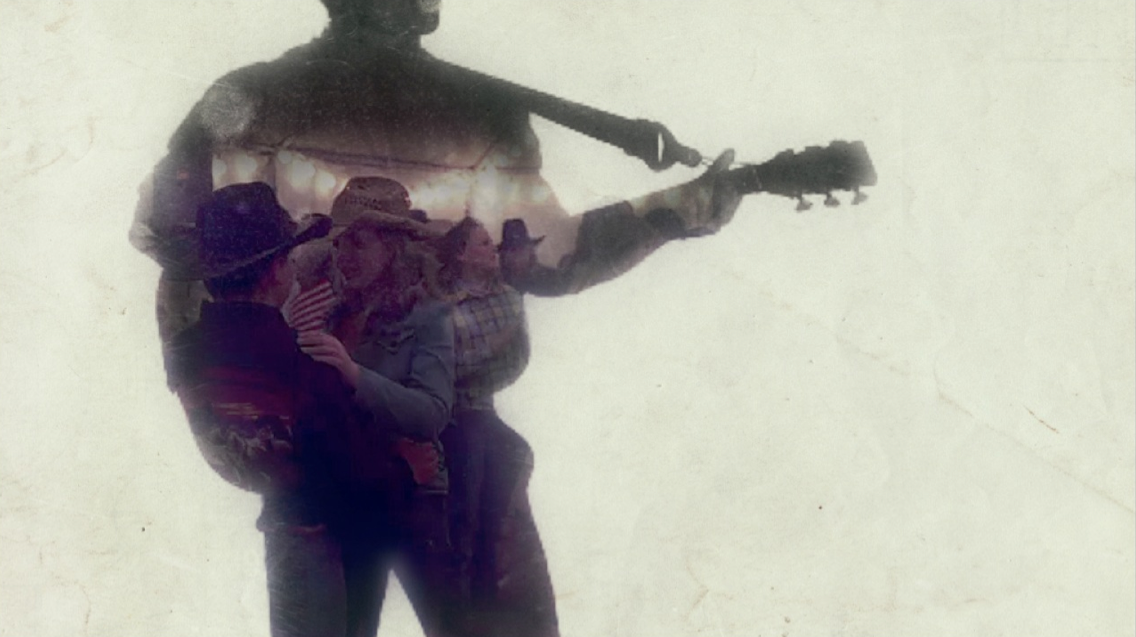By Ian LongSometimes films or TV series work towards an unusually powerful scene or sequence which burns itself onto the memory of the viewer. This is much more than a mere “twist” (often a disappointingly trite or unearned plot turn), but something which plays really profoundly on viewers’ perceptions and emotions, touching them in ways they may not entirely understand. Q: But how do we achieve this effect? A: By being aware of how to use information in a story, and making and breaking patterns of ideas in the minds of audiences. My Deep Narrative Design workshop on October 7 sets out many ways in which you can create powerful stories using these methods. For now, though, let’s look at a great example of making and breaking patterns in the first season of HBO’s TRUE DETECTIVE. Spoiler Alert: this item reveals one particularly surprising moment of the story, although the season has many other intriguing character and plot elements. The Characters The story features Louisiana State Police homicide detectives Rustin “Rust” Cohle (Matthew McConaughey) and Martin “Marty” Hart (Woody Harrelson). The two men embody contradictory sides of the standard “hard-boiled” detective – aspects which are usually contained in a single protagonist. Hart is an unreflective man of action, all fists and fiery passion, while Cohle is a sort of nihilist philosopher-cum-policeman - detached, despairing, unfathomable. Both share an overarching sense of alienation, of being at odds with life. The Structure As well as twin protagonists, True Detective has an unusual dual-timeline structure. In the story’s “present”, 2012, the two detectives are interrogated about a case they worked on some twenty years earlier. As we move between the past and present, finding out about the case and seeing how time has changed the men, we learn why they’re being questioned: one of them is suspected of involvement in a recent murder related to the past case. The Joys of Voiceover As in many noir-inflected stories (SUNSET BOULEVARD, MEMENTO, DEXTER, etc), voiceover isn’t just an add-on here: it’s a vital part of the story’s design. The narrative just wouldn’t work without this way of putting us inside characters’ minds. Patterns and Rules Series creator Nic Pizzolatto set out clear ground rules for the story in his treatment, including this: “The narrating voice may lie, but the images we see never will. So an audience can be sure they know exactly what happened, and also that they can tell when one of the detectives is lying.” The Unforgettable Sequence For much of the season, Cohle and Hart's spoken testimony squares with what we're seeing onscreen. But in “The Secret Fate Of All Life,” the fifth of the season’s eight episodes, this pattern is broken. The duo track a suspect to a meth lab hidden deep in the bayou. Finding two kidnapped and abused children in the compound, Hart is incensed and unnecessarily kills the suspect, who he’s already taken into custody. But the voiceover we hear from the men as we watch these events tells an entirely different story. As Hart and Cohle tell us that they came under intense fire and were obliged to retaliate, the scene that we see is quiet and tranquil. And then we watch as the men fake evidence of a desperate shootout which never happened. They’re subsequently decorated and promoted for their heroism. But they've become conspirators in covering up a murder. It’s a lie on which the rest of their lives will be founded. The Emotional Impact I vividly remember the sense of unreality I experienced when watching this scene: a feeling which drew its power purely from the way in which information was “coded” in the story. With it went feelings of bafflement, almost betrayal, as the visual information I was receiving departed so far from the characters’ verbal descriptions. It’s these moments of thrilling strangeness – when viewers feel cut adrift and experience something genuinely new and compelling – that we need to look for in our stories, and which makes them truly memorable. And when reading scripts, these are the moments that producers and directors are searching for. The brilliant title sequence which includes the images in this article were made by Elastic, and you can find out more about the ideas behind the sequence here. For more details and to book on my Deep Narrative Design workshop, click here. Thank you for reading, and please let me know of any thoughts or comments.
2 Comments
Loved your content Ian, very well-written and helpful!
Reply
Leave a Reply. |
BLOGTHE ONLY PLACE TO TALK ABOUT THE CRAFT OF SCRIPTWRITING. Archives
November 2023
|
Privacy Policy © Euroscript Limited 2020





 RSS Feed
RSS Feed


